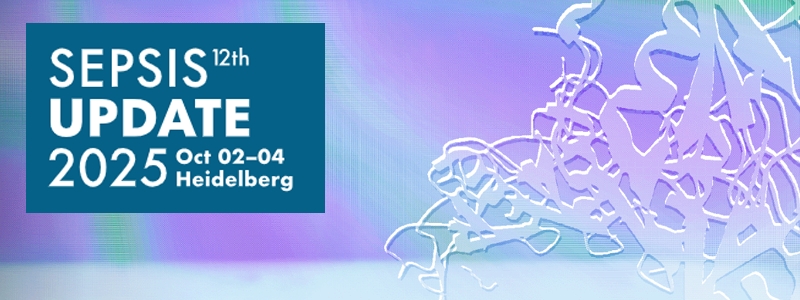In a recent article in Nature Immunology, Matthijs Kox and his team describe the dynamic transcriptional and functional landscape of blood and bone marrow leukocytes during the acute hyperinflammatory and late immunosuppressive phases induced by experimental endotoxemia in healthy volunteers. They uncover a critical role for impaired type I IFN signaling in impaired myelopoiesis, a phenomenon that was observed in both the late immunosuppressive phase of endotoxemia and in patients with late-phase sepsis. Importantly, IFNβ reversed immunosuppression by reinstating the expression of IFN-stimulated genes and cytokine production, and by inducing monocyte maturation. As such, IFNβ may represent a promising novel treatment option for sepsis.
Keramati F et al. Systemic inflammation impairs myelopoiesis and interferon type I responses in humans. Nat Immunol. 2025 May;26(5):737-747. doi: 10.1038/s41590-025-02136-4.





